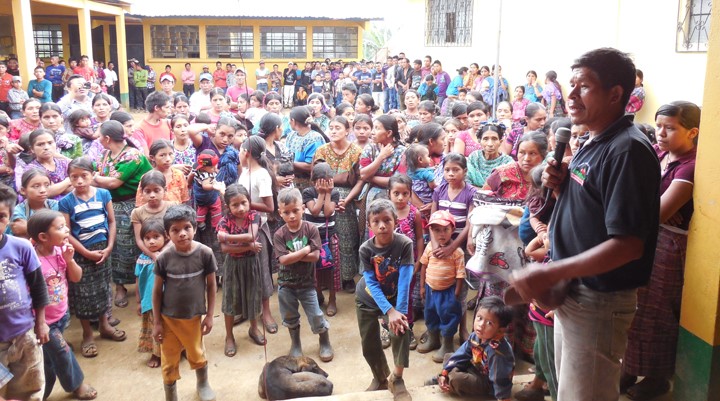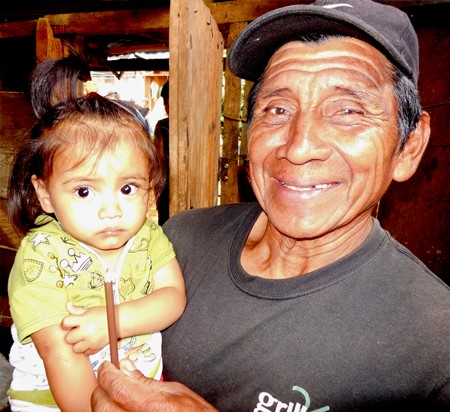1. Where are you from? If you’re not from the Pacific Northwest, what brought you here? I’ve lived in the northwest all my life. For most of my childhood, I lived in the very small southeast Alaskan town of Craig (pop. of maybe 200). Craig is on Prince of Wales Island. When I lived there it was the epitome of rural Alaska--isolated, wild, scenic, and…no television. When not in school, I spent my days roaming the islands and enjoying all the outdoor activities that Alaska offered. When I was a teen my family moved to Wallowa County in northeast Oregon, where I went to high school in Enterprise (pop. 2,000). Life in Wallowa County was a slightly different version of life in Alaska--rural, scenic, lots of wilderness, lots of outdoor activity, just a few more people. Wallowa County is referred to as the Swiss Alps of Oregon and if you’ve never been there, I’d highly recommend a trip to Joseph (bronze art mecca), Wallowa Lake (beautiful glacially formed lake nestled below 9,000- and 10,000-foot mountains), and Eagle Cap Wilderness. While at Wallowa Lake, consider taking the European style tram up 3,700 vertical feet to the top of Mt. Howard (Elev. 8,150 ft.).
After high school, I attended a community college then transferred to Oregon State University where I received a B.S. in Civil Engineering and an M.S. in Bioresource Engineering, both with an emphasis in environmental and water resource engineering. I worked as a water resource consultant and stormwater researcher in Portland for seven years before moving to the Yakima area in 2000 to take a job as Yakima County’s first Surface Water Manager. I went back into consulting in 2005.
2. What inspired you to pursue water resources (define this as you’d like)? What made you curious about it? Almost every activity I loved while growing up revolved around water and wild places. Once in college, I naturally migrated towards environmental courses focused on restoring, protecting, and responsibly managing water resources and related ecosystems. I studied topics such as the transport and fate of pollutants in the environment, hazardous waste remediation, ecology, toxicology, hydrology, hydrogeology, atmospheric science, etc. At the same time, I really started noticing firsthand the degradation of ecosystems and aquatic resources by a whole suite of land uses, and I decided my career should involve doing something about it.
3. What do you like best about your area of expertise? What excites you and keeps you motivated? I like that the projects I work on--whether stormwater, floodplain, habitat, or water supply related--are focused on moving communities towards a more sustainable state. I enjoy the appreciation that I and my team receive when we help clients (typically cities and counties) successfully implement programs and win-win projects that more effectively manage our resources and restore our environment.
4. What do you like to do when you aren’t working? When I’m not working, I enjoy helping my two boys connect to the outdoors the way I did when I was their age. I live on the edge of the Cascade Mountains west of Yakima and I spend my free time hiking, camping, foraging for wild mushrooms and berries, rockhounding, doing lapidary and silver work, jewelry making, snowmobiling, cooking, and sampling the many great microbrewery products the region has to offer.
5. Where in the world would you like to travel next? I’d like to go back to southeast Alaska in summer to camp on the islands, watch the orcas, fish for salmon and halibut, and catch fresh Dungeness crab, king crab, and clams.
Bill Rice

































